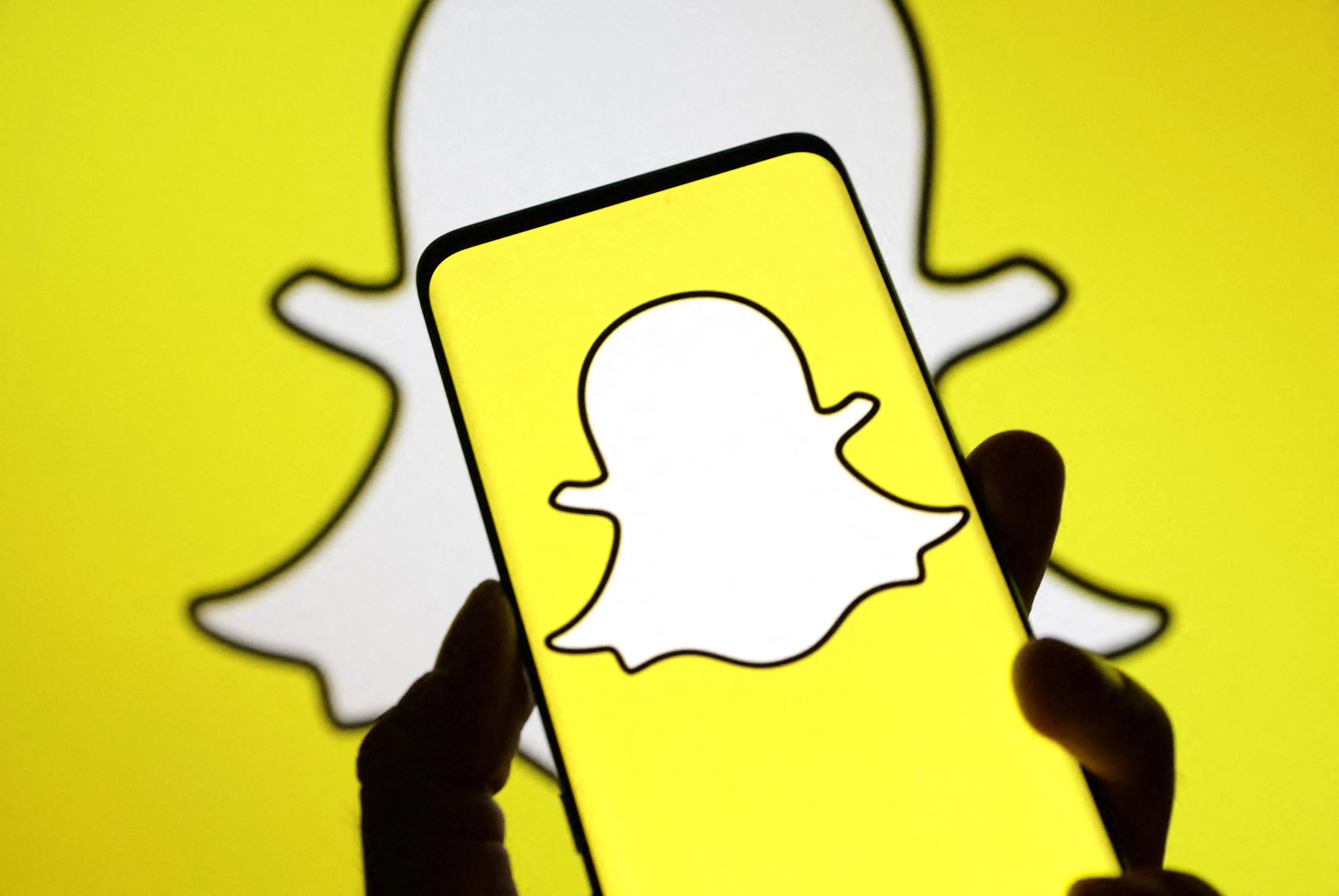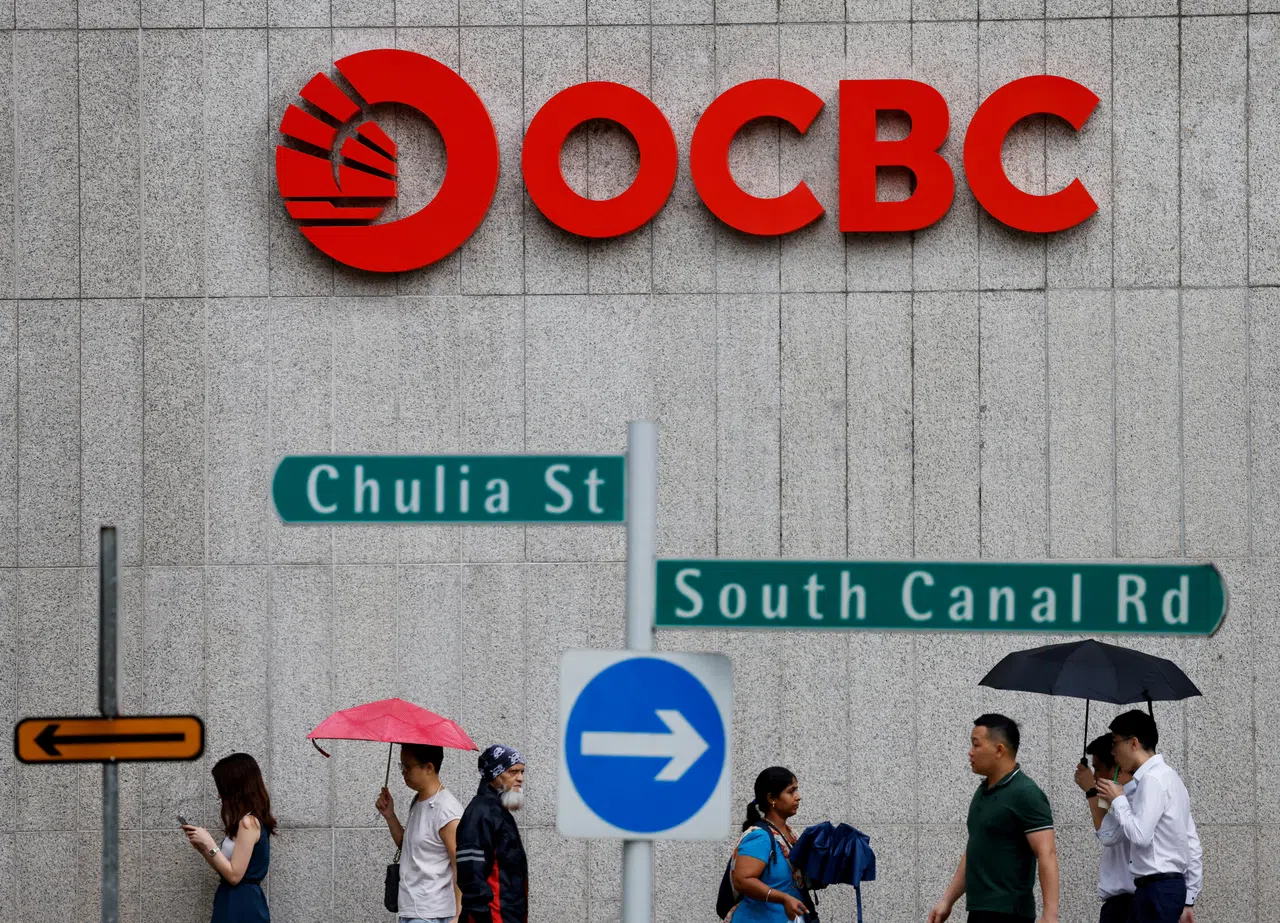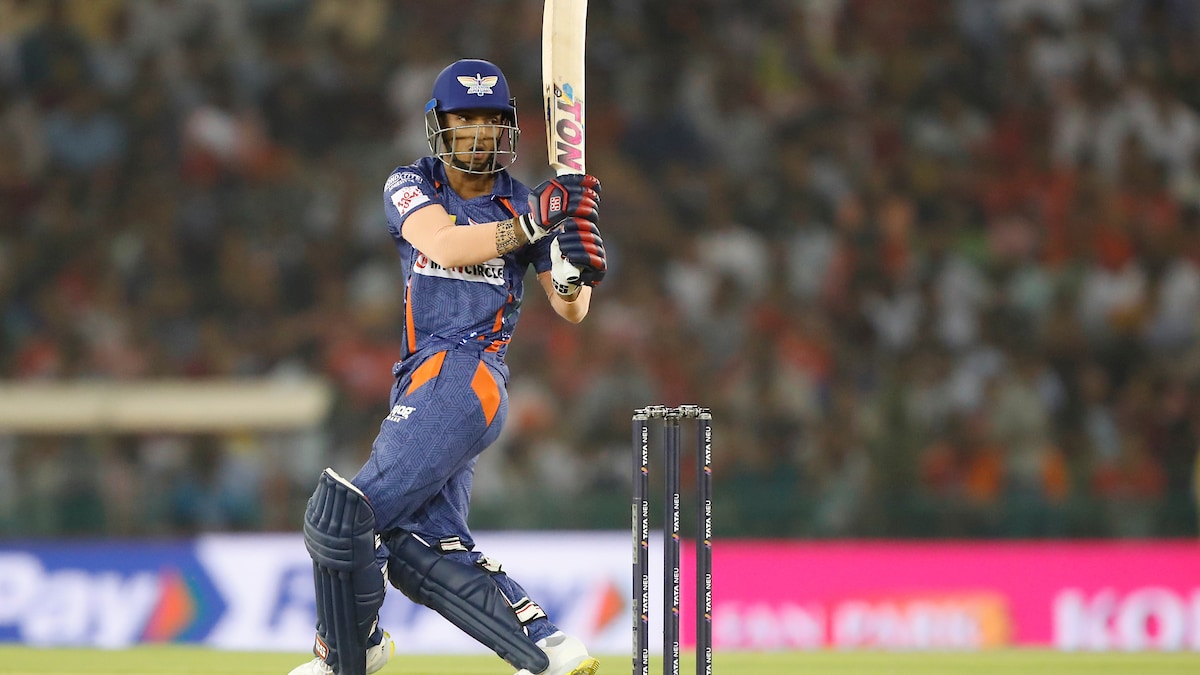SNAP shares tumbled in extended trading after the company reported disappointing second-quarter sales and gave a lower-than-expected outlook for earnings in the current period.
The weak financial results overshadowed stronger user growth, marking a step-back in the company’s years-long quest to rebuild its core advertising business.
The Snapchat parent reported quarterly revenue of US$1.24 billion, just shy of analyst’s expectations of US$1.25 billion. In the current quarter, it expects adjusted earnings before interest, tax, depreciation and amortization of US$70 million to US$100 million, missing Wall Street’s forecast for US$110.5 million. The stock fell 17 per cent in extended trading.
Over the past few years, Snap has overhauled its advertising business to focus more on direct response ads that prompt users to take specific actions, such as downloading an app or purchasing a product.
Traditionally, Snap had focused more heavily on brand awareness campaigns, which are less costly for the company to support, but also less lucrative. In the process of rebuilding its ad tech, the social media site saw its revenue dragged down for several quarters before a return to growth late last year.
Snap called out a “weaker brand advertising environment” for certain categories during the second quarter, but said business was buoyed in part by its subscription product, Snapchat+, which now has 11 million paying users.
BT in your inbox
Start and end each day with the latest news stories and analyses delivered straight to your inbox.
Snapchat+, which features an AI-powered chatbot, has given Snap a way to diversify its business away from advertising. The subscription product, which costs US$3.99 per month, had just 9 million paying subscribers as of the first quarter.
The Snapchat photo-sharing and messaging app averaged 432 million daily active users in the second quarter, up 9 per cent from a year earlier and eclipsing estimates. Snap predicts revenue of US$1.34 billion to US$1.38 billion in the current quarter, with the top end of that range exceeding analyst expectations.
The Santa Monica-based messaging company has struggled to reach profitability, and recently began forecasting expenses in key areas such as infrastructure, which includes spending to support the company’s machine learning and artificial intelligence technologies.
Last quarter, the company said it expects to spend between 83 cents and 85 cents per user each quarter this year on those expenses. Bloomberg earlier estimated those costs would amount to about US$1.5 billion for the year, or more than half of annual operating expenses.
Snap reported a net loss of US$248.6 million in the second quarter, compared with a loss of US$377.3 million one year earlier.
Snap, along with digital advertising peers Meta Platforms and Alphabet’s Google, is investing heavily in artificial intelligence technologies. The photo-based site is bringing AI and machine learning to its Snapchat app to more effectively target ads, better recommend content to users, and create new products and services.
The company has also been using AI to improve its video feed, called Spotlight, which is a competitor to TikTok. The company said its 850 million monthly users are spending 25 per cent more time watching content on Snapchat than a year ago, driven by Spotlight and Creator Stories. BLOOMBERG







